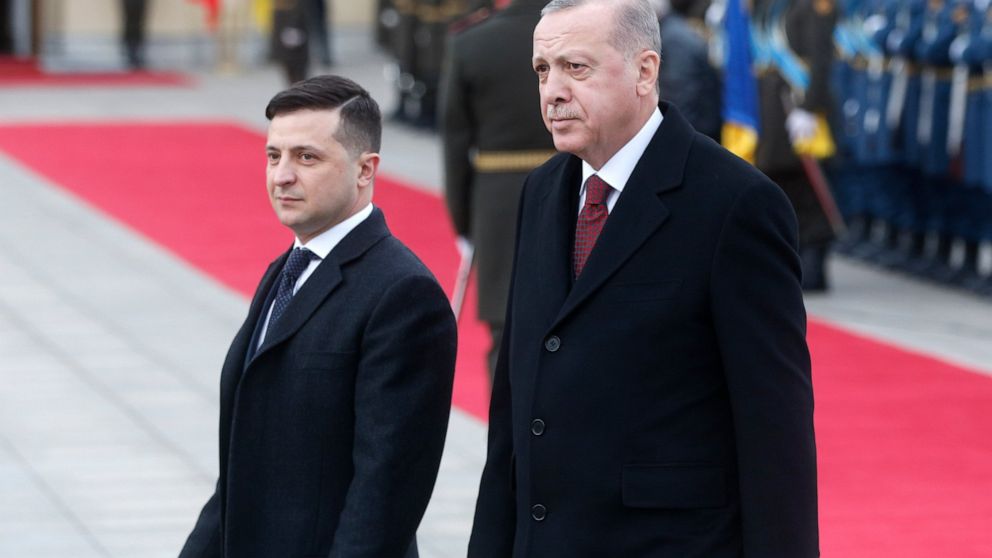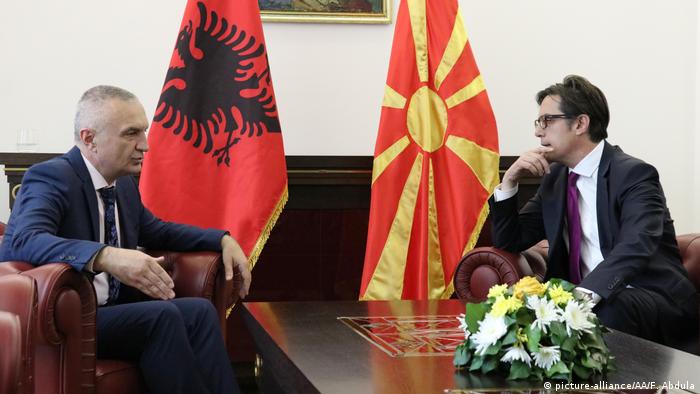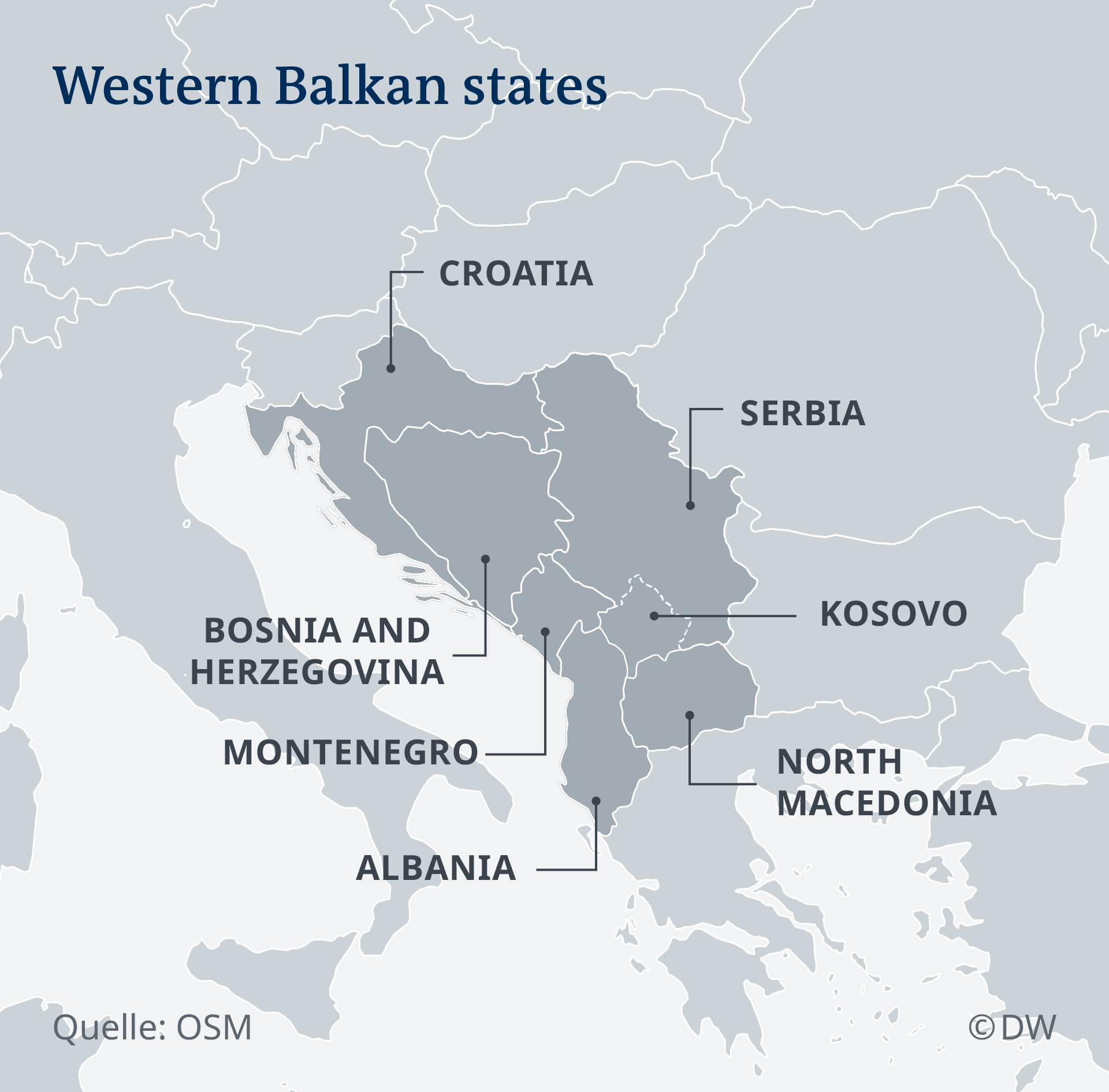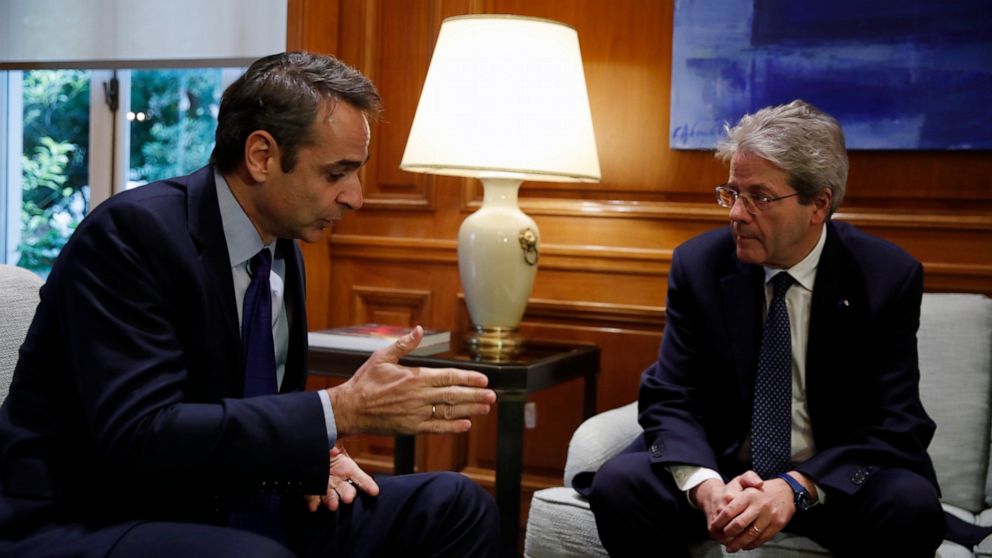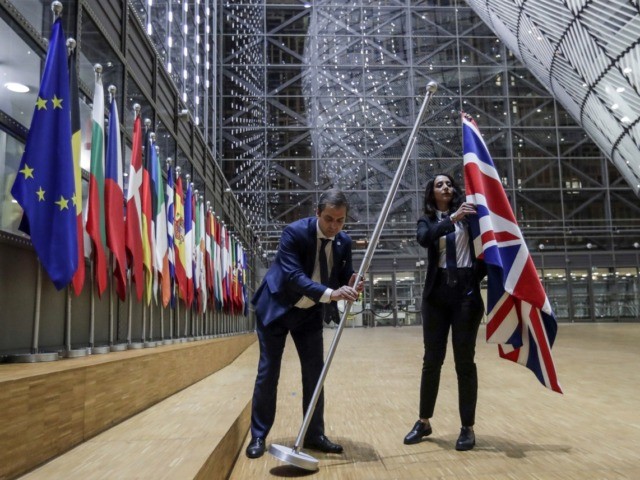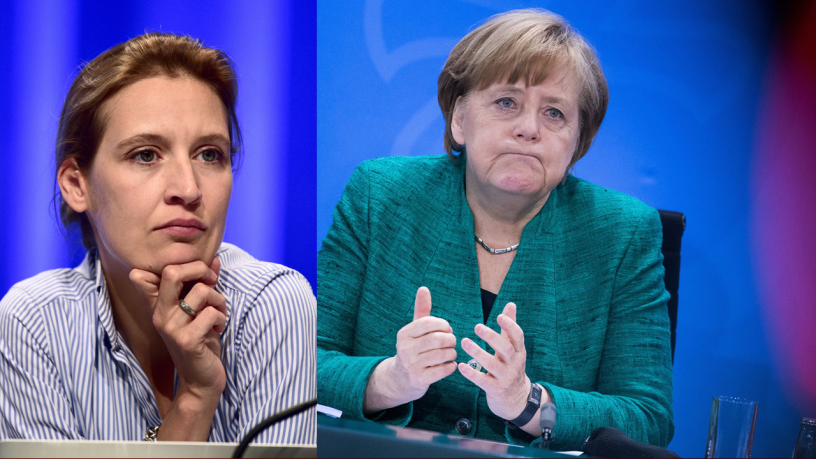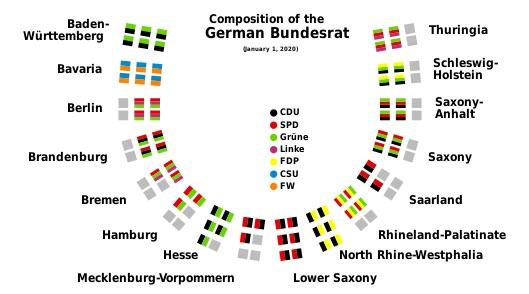Plain Jane
Just Plain Jane
January's thread is here:
 xf.timebomb2000.com
xf.timebomb2000.com

 www.reuters.com
www.reuters.com
NEWS
JANUARY 31, 2020 / 4:11 AM / UPDATED 3 HOURS AGO
Joy and sadness: how the world is reacting on Brexit Day
5 MIN READ
LONDON (Reuters) - The United Kingdom leaves the European Union at 2300 GMT on Friday, ending its 47-year membership of the world’s biggest trading bloc.
Reactions from leaders in Britain, and from around the world, were a mix of joy, resolve, sadness and resignation.
BRITISH PRIME MINISTER BORIS JOHNSON
“Our job as the government – my job – is to bring this country together and take us forward,” Johnson said in a statement.
“And the most important thing to say tonight is that this is not an end but a beginning. This is the moment when the dawn breaks and the curtain goes up on a new act. It is a moment of real national renewal and change.”
FRENCH PRESIDENT EMMANUEL MACRON, IN ADDRESS TO FRENCH CITIZENS
“I remember how much the 2016 (referendum) was made up of lies, exaggeration and simplification, of cheques that were written but will never be honored... Between France and the United Kingdom there is a long history, founded on blood, freedom, courage, on battles that we have shared... This is a sad day, there’s no hiding it. But it’s also a day which should prompt us to proceed in a different way. To build with more determination a European Union that is powerful, effective, which you find more convincing and which rediscovers the historical path that makes this European Union a unique and, in my eyes, irreplaceable adventure.”
FORMER BRITISH PRIME MINISTER THERESA MAY
“At 11 pm tonight, Britain will leave the European Union. After more than three years, we can finally say that we have delivered on the result of the 2016 referendum and have kept faith with the British people.”
BRITISH OPPOSITION LABOUR LEADER JEREMY CORBYN
“Britain’s place in the world will change. The question is what direction we now take,” Corbyn said in a statement.
“We can build a truly internationalist, diverse and outward-looking Britain. Or we can turn inwards, and trade our principles, rights and standards to secure hastily arranged, one-sided, race-to-the-bottom trade deals with Donald Trump and others.”
NIGEL FARAGE, LEADER OF THE BREXIT PARTY, ON TWITTER
“Happy Brexit Day! ... At last the day comes when we break free. A massive victory for the people against the establishment....11 pm tonight marks the point of no return. Once we Leave, we will never rejoin the European Union. Time to celebrate.”
CARL BILDT, FORMER SWEDISH PRIME MINISTER
“It was in 1962 Dean Acheson famously said that Britain had ‘lost an empire, and failed to find a role.’ A decade later, it found a European role, made a success of it, but decided to throw it away half a century later. And now? No one really knows. It’s back to square one.”
DONALD TUSK, EX-PRESIDENT OF EUROPEAN COUNCIL
“My dear British friends. We were, we are, and we will always be a Community. And no Brexit will ever change that.”
EU CHIEF NEGOTIATOR MICHEL BARNIER
“Today my thoughts go the millions of British citizens who are sad, as we are sad today,” Barnier told BBC TV.
U.S. SECRETARY OF STATE MIKE POMPEO
“The British people wanted out of the tyranny of Brussels,” Pompeo told the Daily Telegraph. “They wanted the capacity to make their own decisions. We want that for the British people too.”
SCOTTISH FIRST MINISTER NICOLA STURGEON
“Tonight, the UK will leave the European Union. That will be a moment of profound sadness for many of us across the UK. And here in Scotland, given that it is happening against the will of the vast majority of us, that sadness will be tinged with anger,” she said.
“I want to focus on something much more important. Hope of a different and better future for Scotland ... After tonight, that future is only open to us with independence.”
DAVID CAMERON, FORMER BRITISH PRIME MINISTER
“It’s obviously a very big day for our country,” Cameron, who called the 2016 referendum and quit after the vote for Brexit, told Sky News.
“I always accepted the referendum result and knew this day would come. We are one of the biggest economies in the world ... we can make a success of the choice that we make and I’m sure that’s exactly what we will do.”
TONY BLAIR, FORMER BRITISH PRIME MINISTER
“I opposed Brexit with every fiber of my political being. I still deeply regret it, politically and emotionally... But Brexit is happening, and our attitude now should be to strive to make the best of it; to approach it with determined optimism, not looking over our shoulders in unrequited longing for what was.”
Reporting by Michael Holden, John Chalmers and Christian Lowe; Editing by Gareth Jones
Our Standards:The Thomson Reuters Trust Principles.
********
TB2K congratulates the UK here:
 xf.timebomb2000.com
xf.timebomb2000.com
INTL - Europe: Politics, Economics and Military. January 2020
Last month's thread is here. http://xf.timebomb2000.com/xf/index.php?threads/europe-politics-economics-military-december-2019.564339/page-2#post-7518128 I have not posted about this case because it did not seem like a big deal. But it is turning into one...

Joy and sadness: how the world is reacting on Brexit Day
The United Kingdom leaves the European Union at 2300 GMT on Friday, ending its 47-year membership of the world's biggest trading bloc.
NEWS
JANUARY 31, 2020 / 4:11 AM / UPDATED 3 HOURS AGO
Joy and sadness: how the world is reacting on Brexit Day
5 MIN READ
LONDON (Reuters) - The United Kingdom leaves the European Union at 2300 GMT on Friday, ending its 47-year membership of the world’s biggest trading bloc.
Reactions from leaders in Britain, and from around the world, were a mix of joy, resolve, sadness and resignation.
BRITISH PRIME MINISTER BORIS JOHNSON
“Our job as the government – my job – is to bring this country together and take us forward,” Johnson said in a statement.
“And the most important thing to say tonight is that this is not an end but a beginning. This is the moment when the dawn breaks and the curtain goes up on a new act. It is a moment of real national renewal and change.”
FRENCH PRESIDENT EMMANUEL MACRON, IN ADDRESS TO FRENCH CITIZENS
“I remember how much the 2016 (referendum) was made up of lies, exaggeration and simplification, of cheques that were written but will never be honored... Between France and the United Kingdom there is a long history, founded on blood, freedom, courage, on battles that we have shared... This is a sad day, there’s no hiding it. But it’s also a day which should prompt us to proceed in a different way. To build with more determination a European Union that is powerful, effective, which you find more convincing and which rediscovers the historical path that makes this European Union a unique and, in my eyes, irreplaceable adventure.”
FORMER BRITISH PRIME MINISTER THERESA MAY
“At 11 pm tonight, Britain will leave the European Union. After more than three years, we can finally say that we have delivered on the result of the 2016 referendum and have kept faith with the British people.”
BRITISH OPPOSITION LABOUR LEADER JEREMY CORBYN
“Britain’s place in the world will change. The question is what direction we now take,” Corbyn said in a statement.
“We can build a truly internationalist, diverse and outward-looking Britain. Or we can turn inwards, and trade our principles, rights and standards to secure hastily arranged, one-sided, race-to-the-bottom trade deals with Donald Trump and others.”
NIGEL FARAGE, LEADER OF THE BREXIT PARTY, ON TWITTER
“Happy Brexit Day! ... At last the day comes when we break free. A massive victory for the people against the establishment....11 pm tonight marks the point of no return. Once we Leave, we will never rejoin the European Union. Time to celebrate.”
CARL BILDT, FORMER SWEDISH PRIME MINISTER
“It was in 1962 Dean Acheson famously said that Britain had ‘lost an empire, and failed to find a role.’ A decade later, it found a European role, made a success of it, but decided to throw it away half a century later. And now? No one really knows. It’s back to square one.”
DONALD TUSK, EX-PRESIDENT OF EUROPEAN COUNCIL
“My dear British friends. We were, we are, and we will always be a Community. And no Brexit will ever change that.”
EU CHIEF NEGOTIATOR MICHEL BARNIER
“Today my thoughts go the millions of British citizens who are sad, as we are sad today,” Barnier told BBC TV.
U.S. SECRETARY OF STATE MIKE POMPEO
“The British people wanted out of the tyranny of Brussels,” Pompeo told the Daily Telegraph. “They wanted the capacity to make their own decisions. We want that for the British people too.”
SCOTTISH FIRST MINISTER NICOLA STURGEON
“Tonight, the UK will leave the European Union. That will be a moment of profound sadness for many of us across the UK. And here in Scotland, given that it is happening against the will of the vast majority of us, that sadness will be tinged with anger,” she said.
“I want to focus on something much more important. Hope of a different and better future for Scotland ... After tonight, that future is only open to us with independence.”
DAVID CAMERON, FORMER BRITISH PRIME MINISTER
“It’s obviously a very big day for our country,” Cameron, who called the 2016 referendum and quit after the vote for Brexit, told Sky News.
“I always accepted the referendum result and knew this day would come. We are one of the biggest economies in the world ... we can make a success of the choice that we make and I’m sure that’s exactly what we will do.”
TONY BLAIR, FORMER BRITISH PRIME MINISTER
“I opposed Brexit with every fiber of my political being. I still deeply regret it, politically and emotionally... But Brexit is happening, and our attitude now should be to strive to make the best of it; to approach it with determined optimism, not looking over our shoulders in unrequited longing for what was.”
Reporting by Michael Holden, John Chalmers and Christian Lowe; Editing by Gareth Jones
Our Standards:The Thomson Reuters Trust Principles.
********
TB2K congratulates the UK here:
FASCISM - Today is BREXIT Day! Nigel Farage Bids Farewell to the EU
Congrats Brits!! Nigel Farage Bids Farewell to the EU Posted on January 29, 2020 by Steven Hayward https://www.powerlineblog.com/archives/2020/01/nigel-farage-bids-farewell-to-the-eu.php We’re less than 48 hours away from Britain’s exit from the European Union (oh happy day!), and today at...


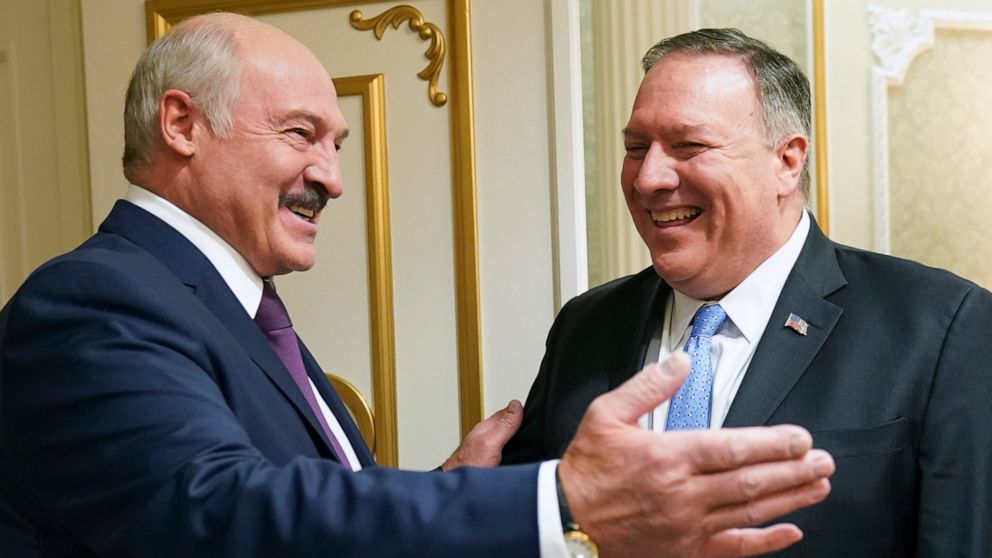

 Islam Alloush, leader of a Saudi-funded Syrian jihadist group. Image via RFS Media Office/Middle East Eye
Islam Alloush, leader of a Saudi-funded Syrian jihadist group. Image via RFS Media Office/Middle East Eye



